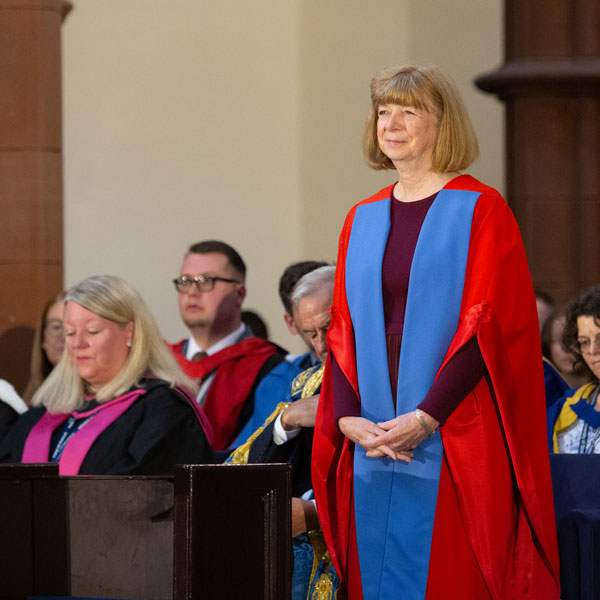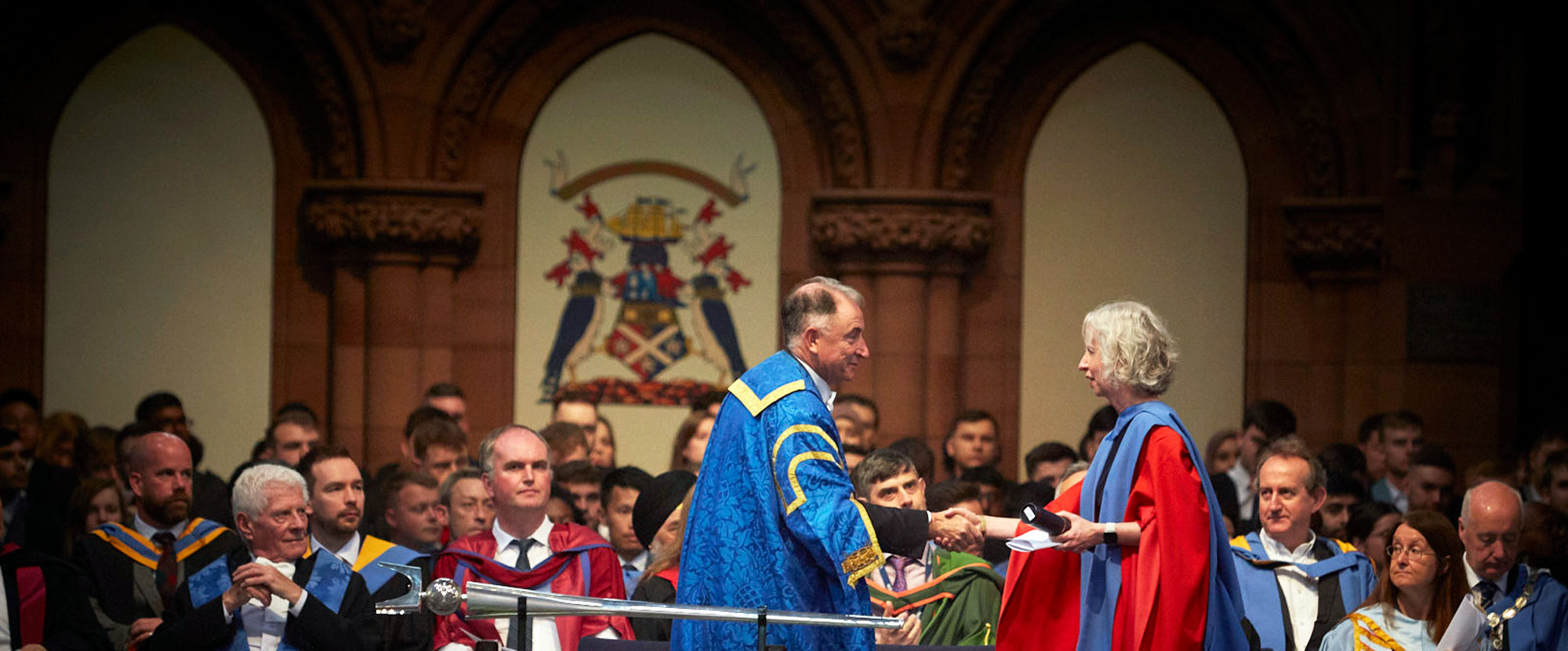
Why Strathclyde?Honorary Degrees
What is an Honorary Degree?
Honorary Degrees are the University's way of recognising exceptional people and the things they've done to make a difference in the world. Every year, we award a small number of people with a University of Strathclyde Honorary Degree at our graduation ceremonies, whose work and achievements fall in line with our values:
- people-oriented
- bold
- collaborative
- innovative
- ambitious
Anyone at the University of Strathclyde can submit a nomination.
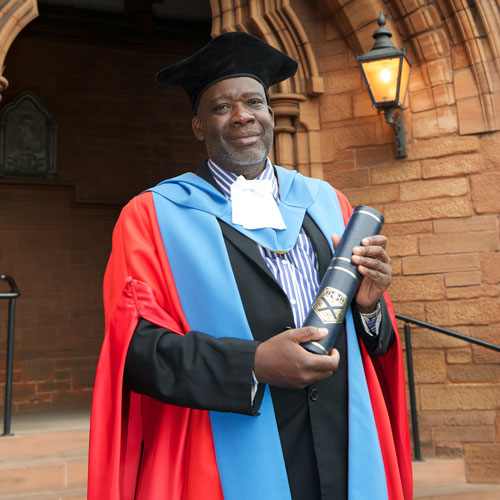
Why make a nomination?
We want you to shine a light on the outstanding people who make a difference in the world – the people who inspire you to learn, teach, research, and deliver, and whose ambition resonates with your own. If there's someone in particular who springs to mind, go ahead and give them a nomination.
Nomination categories
We have four categories for your nominee to fit into:
- service and contribution to academia and learning
- service and contribution to the university
- service and contribution to society, nationally and/or internationally
- service and contribution to enterprise or business
The nomination process
Nominating someone for an Honorary Degree at Strathclyde couldn't be simpler. Here's how it works:
Step 1
Identify who you'd like to nominate and why. Have a few good, clear reasons as to why you're nominating them, fill out our nomination form, and tell us why they're fantastic.
Step 2
Submit your nomination. It'll then go to the Honorary Degrees Advisory Working Group, which normally meets twice a year to review submissions.
Step 3
The Honorary Graduates Advisory Working Group will then send successful nominations to Senate for approval. Please note, if a nomination is unsuccessful, no feedback is provided as the process is confidential.
Step 4
Following Senate approval, the Principal will write to your nominee and invite them to receive their Honorary Degree at one of our upcoming graduation ceremonies.
Eligibility
You can nominate almost anyone for an Honorary Degree however we will not normally consider nominees who are:
- current members of staff
- serving members of University Court
- serving politicians or others holding public office
- employees of funders, including the Scottish Funding Council and Research Councils.
While people linked to business and other organisations working with the University will not be excluded, the Honorary Degrees Advisory Working Group will be mindful of the need to avoid real or perceived conflicts of interest.
How to fill out the nomination form
When filling out the nomination form, remember that chances are, we don't know your nominee as you do. This is your chance to tell us all about them. The strongest nominations bring your nominee and their achievements to life, and give a real sense of exceptional character and contribution so it's important that your application reflects your excitement and admiration of them.
We've put together some guidance along with some examples of successful nominations for you to look at.
Submit a nomination
Ready to submit a nomination? We can't wait to hear from you. Get started now.
Meet our Honorary Graduates
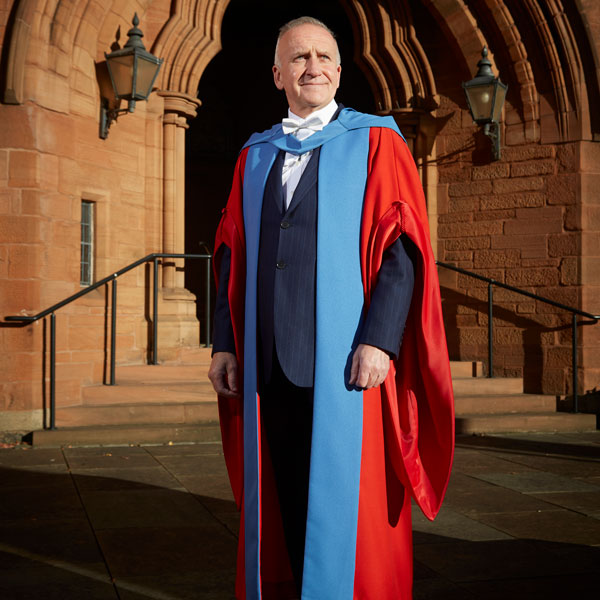
John Scally
I got into libraries in the early stages of the internet/world wide web and digitisation which was disruptive and exciting in equal measure. The idea of looking anew at books, manuscripts and archives as digital entities was a thrilling prospect. I was fortunate early in my career to be put in charge of buying rare books, an activity that I relished.
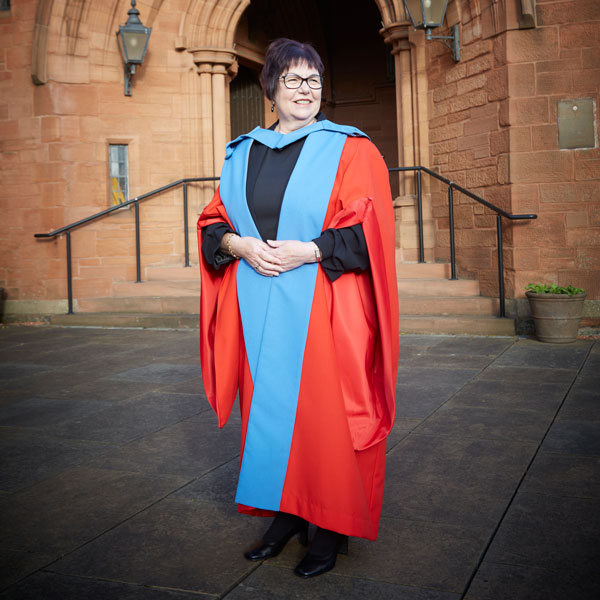
Maureen Robinson
You have to strive to get what you want. It's not given to you on a plate. You should enjoy what you're doing and have a passion for it. If you feel it's not for you, take that leap into another career. I did and it didn't do me any harm!
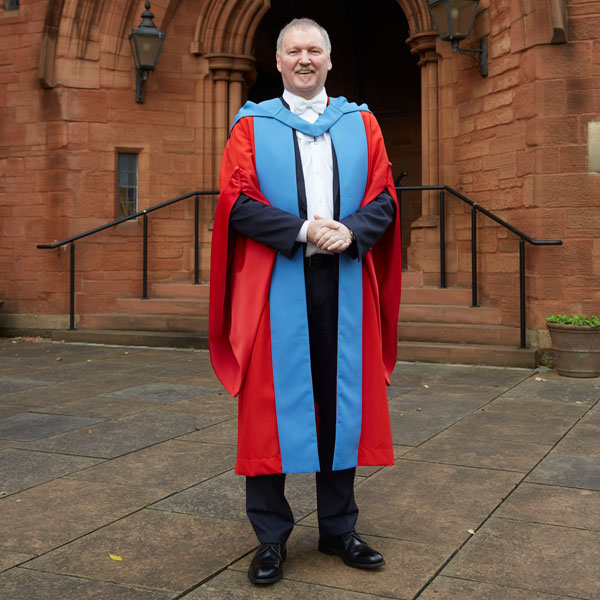
Stuart Patrick
...get good people around you and let them do what you hope they'll do. Don't interfere too much, delegate - that's probably the biggest lesson I've learned. Every time I've screwed up it's been because I didn't delegate to someone who's perfectly capable of doing the job I've interfered with.
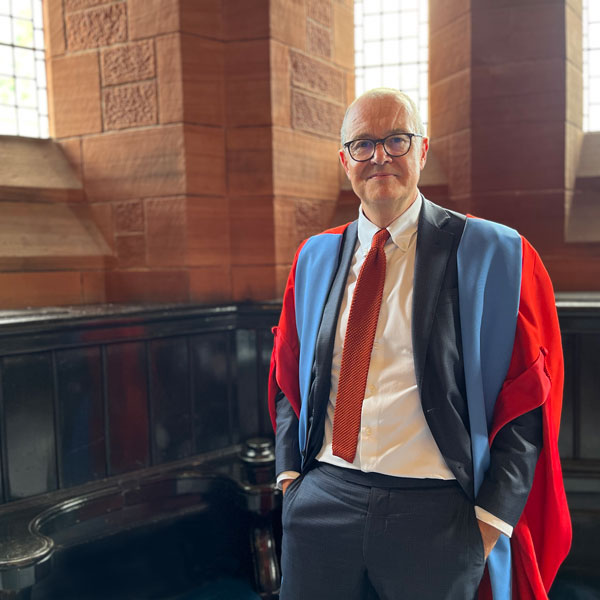
Sir Patrick Vallance
...one thing that's really important is just to remember you can't do everything on your own. You need friends, you need mentors, you need people who support you, you need to have a support network around you for anything.
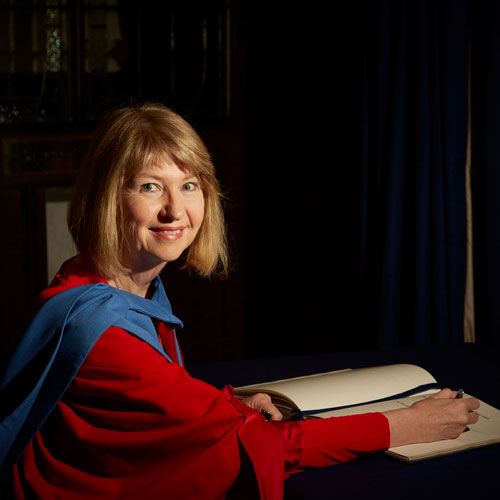
Professor Ann Skelton
It's important to enjoy what you do so if at any time you find that your career isn't fulfilling, don't stay in it, move to something else, be flexible. There are all kinds of careers and experiences that you can have in life and I think all of that is what we should be doing.
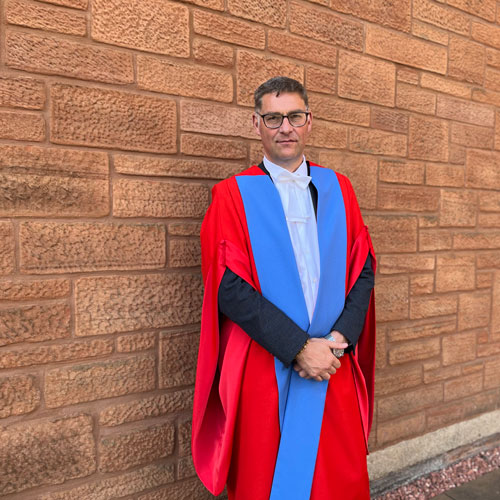
Magnus MacFarlane-Barrow
Really treasure the gift of education. So many young people in the world are desperate for an education and don't have the possibility of that. Don't underestimate what everyone can do as an individual to make this world a bit better.

Peter Duthie
Keep an open mind and stay flexible. Look for opportunities, the world is changing so fast that new opportunities are going to come along very quickly, and be open to it
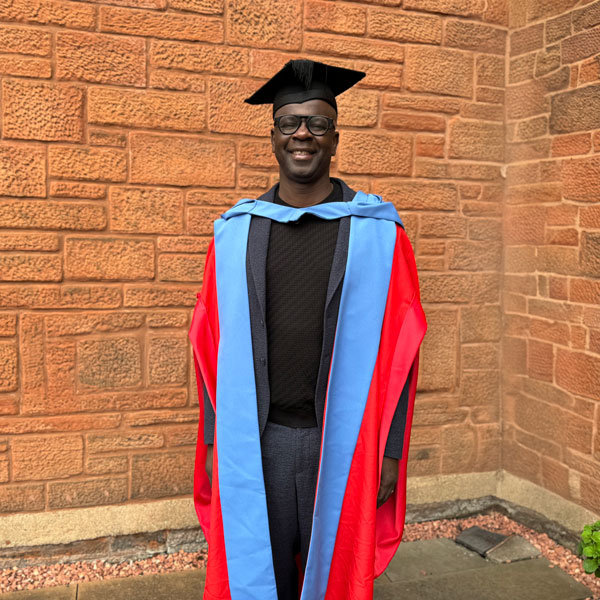
Lilian Thuram
You don’t achieve anything solely by yourself. In all areas of life, you need to forge links with other people in order to achieve anything significant.

Lauren Mayberry
Failing at things is important and a massive part of figuring out what you want to be and how you want to live your life. If you never try anything new, you'll never move forward in your life.

Robina Qureshi
Don’t be silent when your voice could make a difference. No job or social acceptance is worth it. The Universe is unfolding as it’s meant to, so acceptance is key to getting peace in your life.
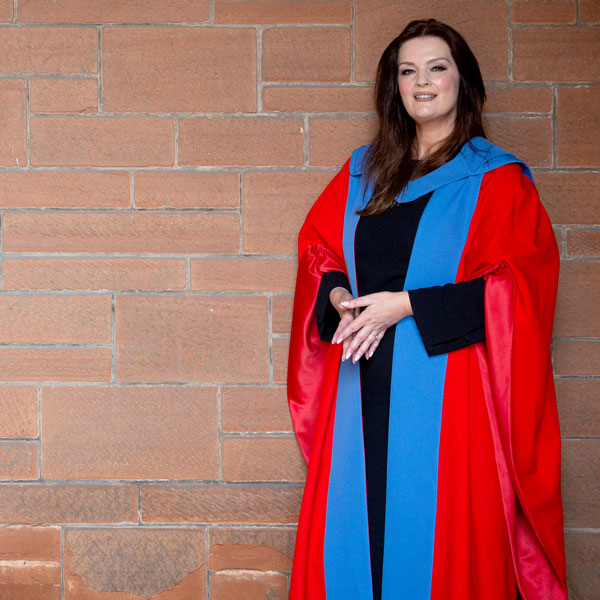
Fiona Drouet
The most powerful thing you can carry with you, more valuable than any qualification, is kindness. Always think of what you want your legacy to be.

